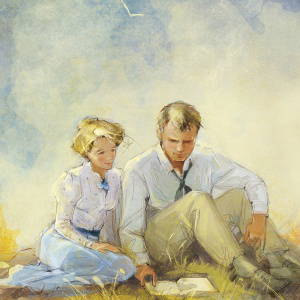 Picnics in Jack London’s Martin Eden contrast social disparities between the poor working and genteel upper classes. London’s Martin Eden alludes to Horatio Alger Jr.’s heroes who rise in society through hard work and education. But London disparages Alger’s optimism....
Picnics in Jack London’s Martin Eden contrast social disparities between the poor working and genteel upper classes. London’s Martin Eden alludes to Horatio Alger Jr.’s heroes who rise in society through hard work and education. But London disparages Alger’s optimism....
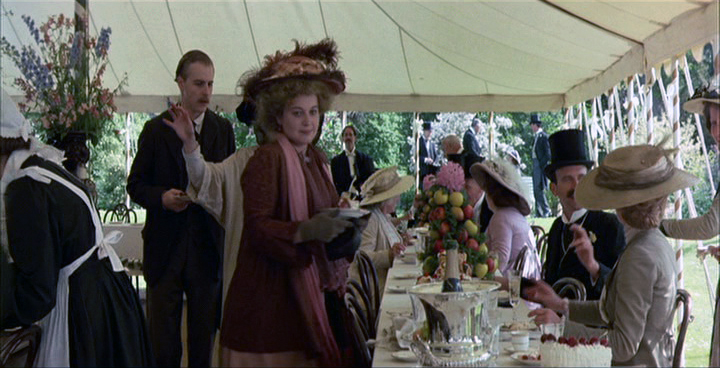 Henry Wilcox’s garden party for his daughter’s wedding s reveals Edwardian hypocrisy and predatory sexuality. It’s a turning point in Foster’s Howards End. Forster scants the dinner itself, but when it is about to end, the guests are in stages...
Henry Wilcox’s garden party for his daughter’s wedding s reveals Edwardian hypocrisy and predatory sexuality. It’s a turning point in Foster’s Howards End. Forster scants the dinner itself, but when it is about to end, the guests are in stages...
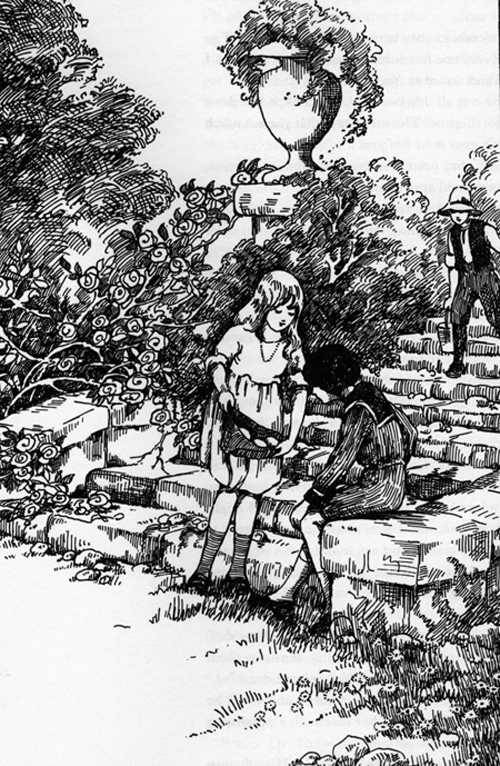 The real secret of The Secret Garden is that with enough picnics and plenty of food, any youth will be happy. Burnett’s The Secret Garden picnics occur in a derelict walled garden where Colin Craven, a fearful, make-believe invalid, and his cousin, Mary Lennox,...
The real secret of The Secret Garden is that with enough picnics and plenty of food, any youth will be happy. Burnett’s The Secret Garden picnics occur in a derelict walled garden where Colin Craven, a fearful, make-believe invalid, and his cousin, Mary Lennox,...
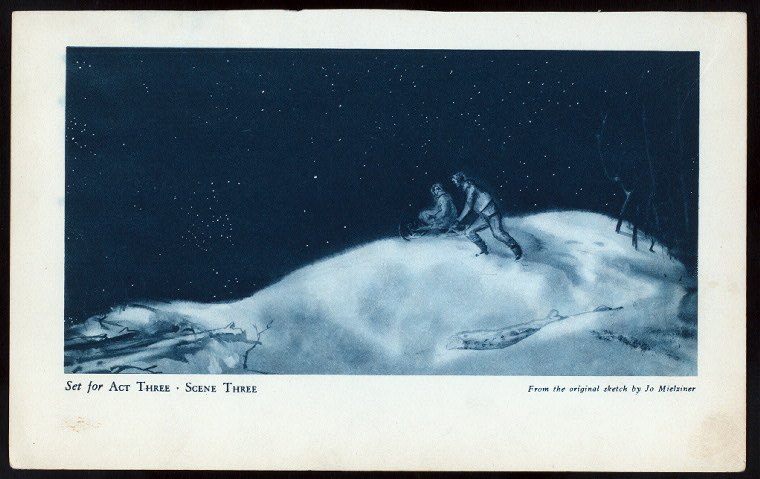 One exception to the unremitting cold in Wharton’s Ethan Frome is a summer church picnic when Ethan and Mattie Silver first feel love for one another. When Mattie is forced to leave, Frome drives her to the train station. Along the way, they stop by the frozen...
One exception to the unremitting cold in Wharton’s Ethan Frome is a summer church picnic when Ethan and Mattie Silver first feel love for one another. When Mattie is forced to leave, Frome drives her to the train station. Along the way, they stop by the frozen...
 During a luncheon on the grass at a suitably sylvan in Fontainebleau, Philip Carey, the protagonist Of Human Bondage, suffers a momentary fear that love will pass him by. It does in this instance, but after much hardship and bondage in an unrequited love affair, he is...
During a luncheon on the grass at a suitably sylvan in Fontainebleau, Philip Carey, the protagonist Of Human Bondage, suffers a momentary fear that love will pass him by. It does in this instance, but after much hardship and bondage in an unrequited love affair, he is...
 Woolf’s picnic on the summit of Monte Rosa, a fictional place in South America, is the high point (pun intended) of The Voyage Out (1915). Journeying on donkeys walking in a single file, the narrator creates the image of “a jointed caterpillar, tufted with...
Woolf’s picnic on the summit of Monte Rosa, a fictional place in South America, is the high point (pun intended) of The Voyage Out (1915). Journeying on donkeys walking in a single file, the narrator creates the image of “a jointed caterpillar, tufted with...
 Wharton’s Summer is the story of a summer romance doomed to failure that begins with seduction at a picnic. When Charity Royall, a small-town girl of seventeen, falls for Lucius Harney, a socially upscale architect, she loses her innocence at a picnic. The...
Wharton’s Summer is the story of a summer romance doomed to failure that begins with seduction at a picnic. When Charity Royall, a small-town girl of seventeen, falls for Lucius Harney, a socially upscale architect, she loses her innocence at a picnic. The...
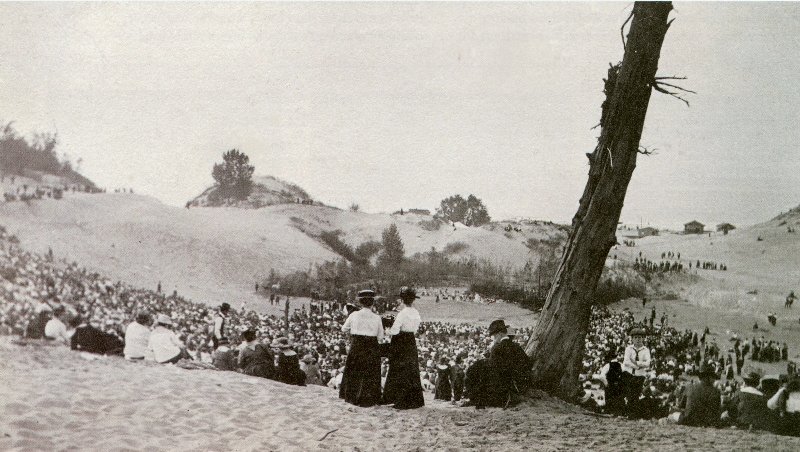 Fanny Brandeis is a new woman, whose career comes first, and when Clarence Heyl, an unacknowledged suitor, asks her to picnic, she says that she’s so busy working that she has forgotten how. But the next morning, Fanny is sitting in a train heading out from...
Fanny Brandeis is a new woman, whose career comes first, and when Clarence Heyl, an unacknowledged suitor, asks her to picnic, she says that she’s so busy working that she has forgotten how. But the next morning, Fanny is sitting in a train heading out from...
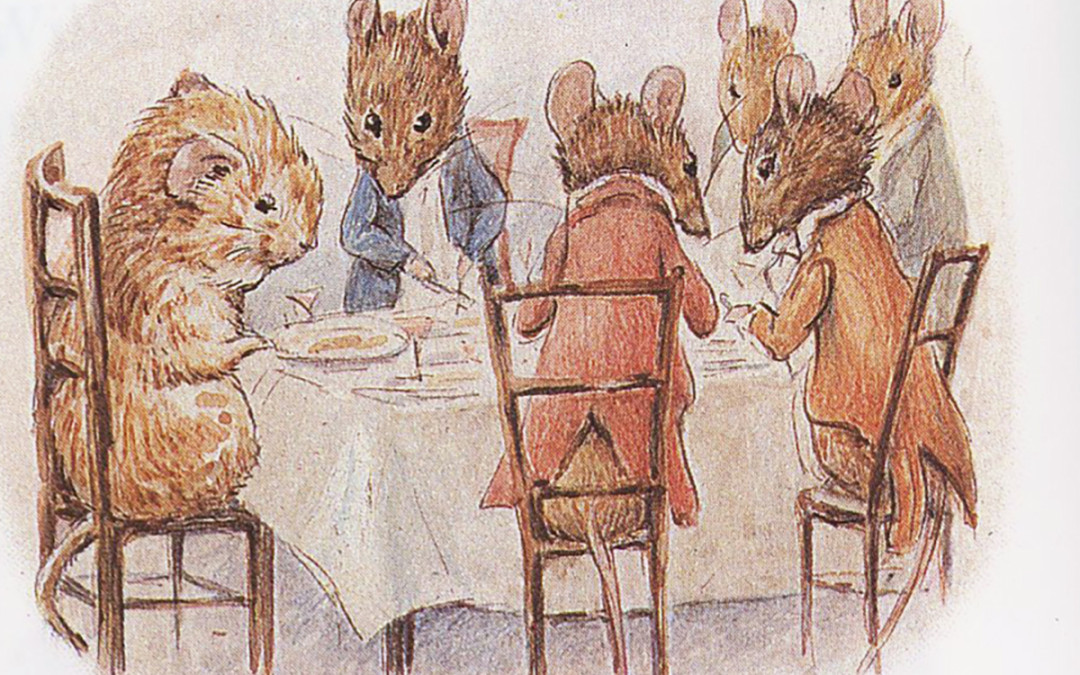 Potter borrowed freely from Aesop, Horace, and many other tellers of the “The Country Mouse and the City Mouse,” including Mary Belson Elliott’s The Mice and Their Pic Nic. “The dinner was of eight courses; not much of anything, but truly...
Potter borrowed freely from Aesop, Horace, and many other tellers of the “The Country Mouse and the City Mouse,” including Mary Belson Elliott’s The Mice and Their Pic Nic. “The dinner was of eight courses; not much of anything, but truly...
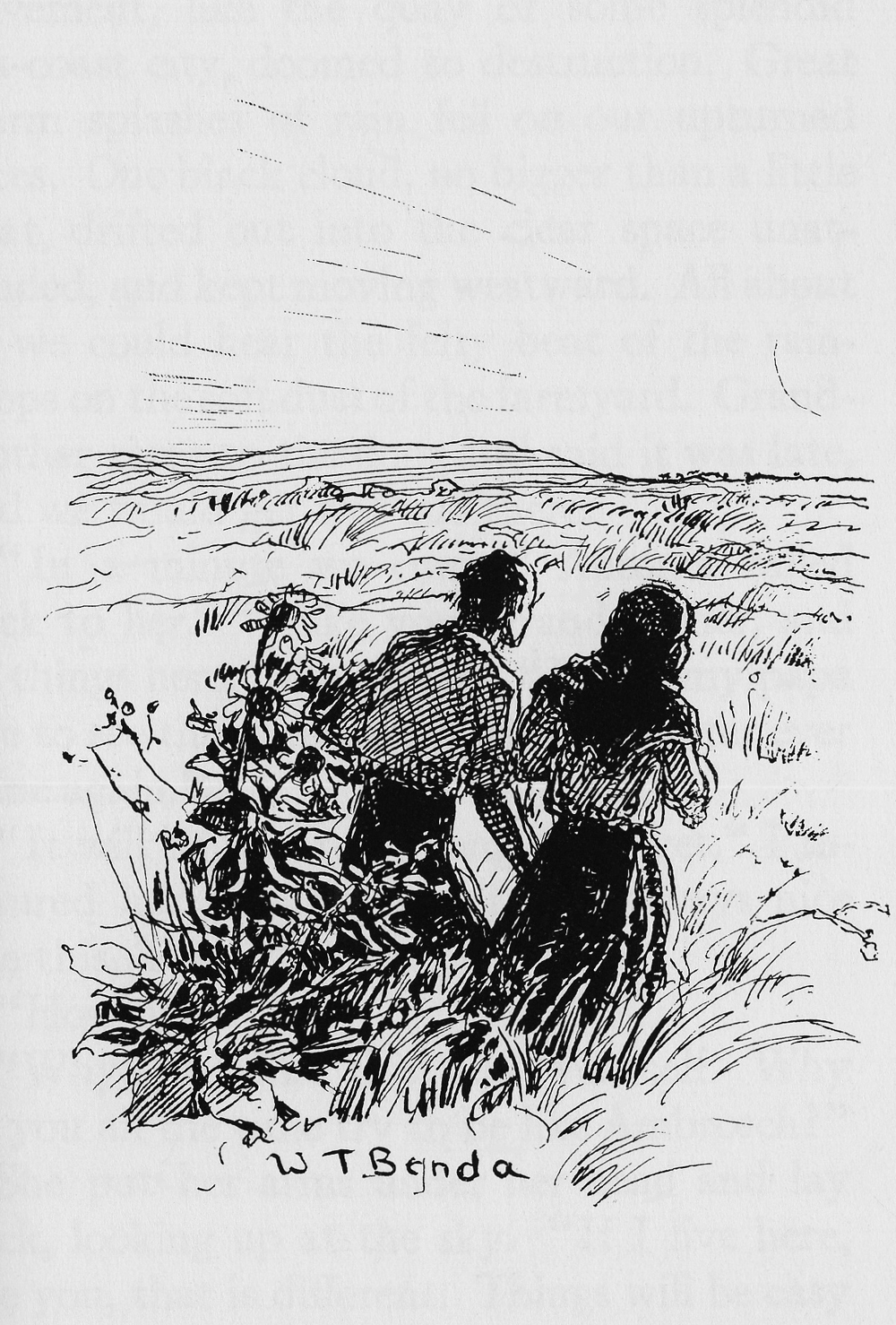 A July picnic with Ántonia Shimerda is among Jim Burden’s indelible youthful memories. It’s a pleasant platonic outing among friends shortly before Jim leaves for college in Lincoln. Significantly, it marks a turning point in Jim’s maturity, the end...
A July picnic with Ántonia Shimerda is among Jim Burden’s indelible youthful memories. It’s a pleasant platonic outing among friends shortly before Jim leaves for college in Lincoln. Significantly, it marks a turning point in Jim’s maturity, the end...











